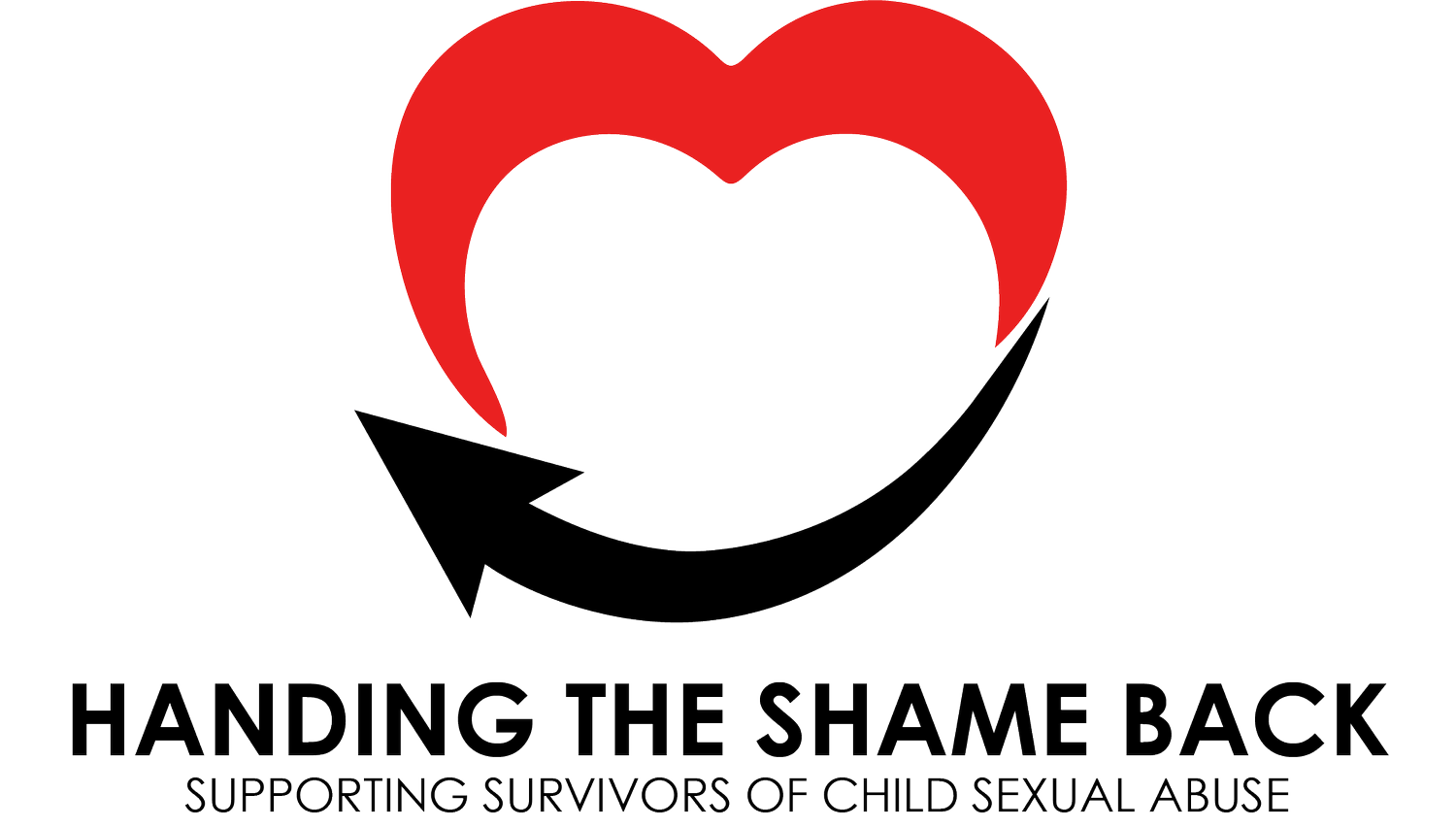Shame
Out of all the impacts Child Sexual Abuse (CSA) has on us, I think it is shame that has the most to answer for. It is after all Shame that keeps us quiet, hidden, alone, suffering, traumatised and isolated. Shame is 100% responsible for our inability to speak out, and we need to understand why.
Because of what happened through the CSA our minds took us to a safe place, a place where we could observe what was happening but be separate from it as well. What surfaced in us may have been confusion and fear, it could also have been anger and sadness. Typically, when CSA occurs both trust and boundaries are broken, right down to the depths of our being. Our soul if you will. Shame played such a big part in all of it because we needed to make ourselves at fault to survive this.
Bear with, while I explain. We were children, and adults were in charge. If you ever saw the movie Matilda with Danny DeVito where he said, “I’m smart, you’re dumb, I’m big you’re little, I’m right, you’re wrong, and there’s nothing you can do about it”, you’ll get my drift. We couldn’t in any imaginable world, wake up to our abuser the next day, or the next time we saw them and feel empowered to reveal what happened, as they were responsible for us in some way (parent, guardian) or they had the power over us due to (parent, guardian). Either way we had the knowledge that we could not share this, which meant we had to carry it, which ultimately started to build our shame, which was then magnified due to our silence. You see, we had a secret to keep.
Shame shows itself in so many ways, it could be the talisman of impact survivors feel. We know that abuse begins in silence, a secret then must be kept, and shame ensures we never speak of it. Shame takes the Gold, every time.
Not all of us will feel shame in the same way at the same time. For some of us, we may never be able to look someone in the eye and talk about what happened, for others we may feel we are not worth that much so why would anyone care anyway? It is insidious, clever, and strategic in its moves. It will catch us unawares to the point where we carry it all on our shoulders and feel less than for most of our lives.
For me personally, it took me to 57 years of age before I could look someone in the eye and talk about my abuse. It also took me to the beginning of 2022 before I could post about this on LinkedIn. Why? Because I didn’t want people judging me in case, they found me lacking. Sound familiar?
That’s the power shame had over me. In the end I had to end my relationship with it. It went something like this: ‘Hello Shame, I have no need of you anymore. You have done nothing to help me or support me in anyway, so I am handing you back where you belong: The Abusers.
If you, like me have had enough of shame leading the charge, here’s some things to try that may help shift this – right out the door, where it belongs!
1. List the last two times you felt shame. Describe why.
2. List two solutions to those situations. E.g., I will walk up and explain why I feel sad today or I will send a txt to my best mate explaining why I can’t go out tonight. In other words, release it from you, it is not on your side. You don’t have to do these things, simply writing them out will give you a sense of empowerment.
3. Celebrate with a friend or fellow survivor that you are handing the shame back. You are not alone, and you never have to do anything regarding shame until you feel ready. There is no time frame. Only when you are ready.

